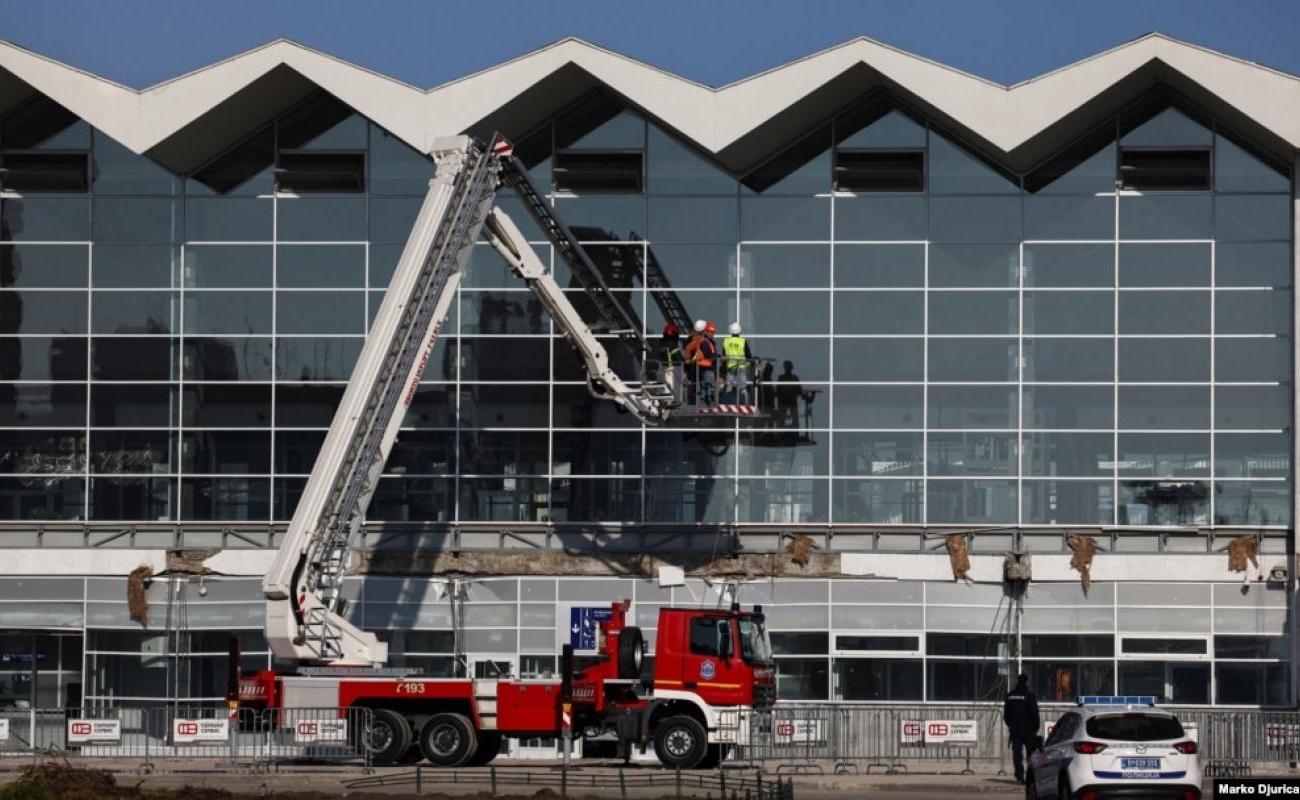Why are contracts with Chinese companies hidden in Serbia?

CONCLUSION
Non-transparency is one of the basic determinants of the activities of Chinese creditors and Chinese investors in the countries of the Western Balkans. This article deals with the question of why the contracts signed by the Serbian state with Chinese creditors and investors are mostly secret, so that the public is not familiar with the details of those contracts. The situation is similar in Bosnia and Herzegovina, where Chinese companies and the current authorities (Republika Srpska) refuse to publish details about the construction of the Banja Luka-Prijedor highway section, even though there is a court ruling that contracts should be disclosed to the public.
The fact that Chinese creditors and investors, but also domestic authorities in the Western Balkan countries, are not interested in publishing the details of the contract, indicates that there are parts of the contracts that are at least controversial. The problem is further complicated by the practice of not calling for public tenders for loans obtained from Chinese banks (in which the value of the works and details of the implementation of the projects are stated), but the jobs are awarded to Chinese firms, which is probably an integral part of the loan agreement. Respect for the right of the public to learn about the details of loan agreements obtained from Chinese banks, as well as the work performed by Chinese companies on infrastructure projects in Serbia, but also in other countries of the Western Balkans, must be respected. This is especially necessary after the tragedy with the collapse of the canopy at the Railway Station in Novi Sad, which killed 14 people. The work on the reconstruction of the canopy was carried out by Chinese companies, but the details of the contract are not yet public.
